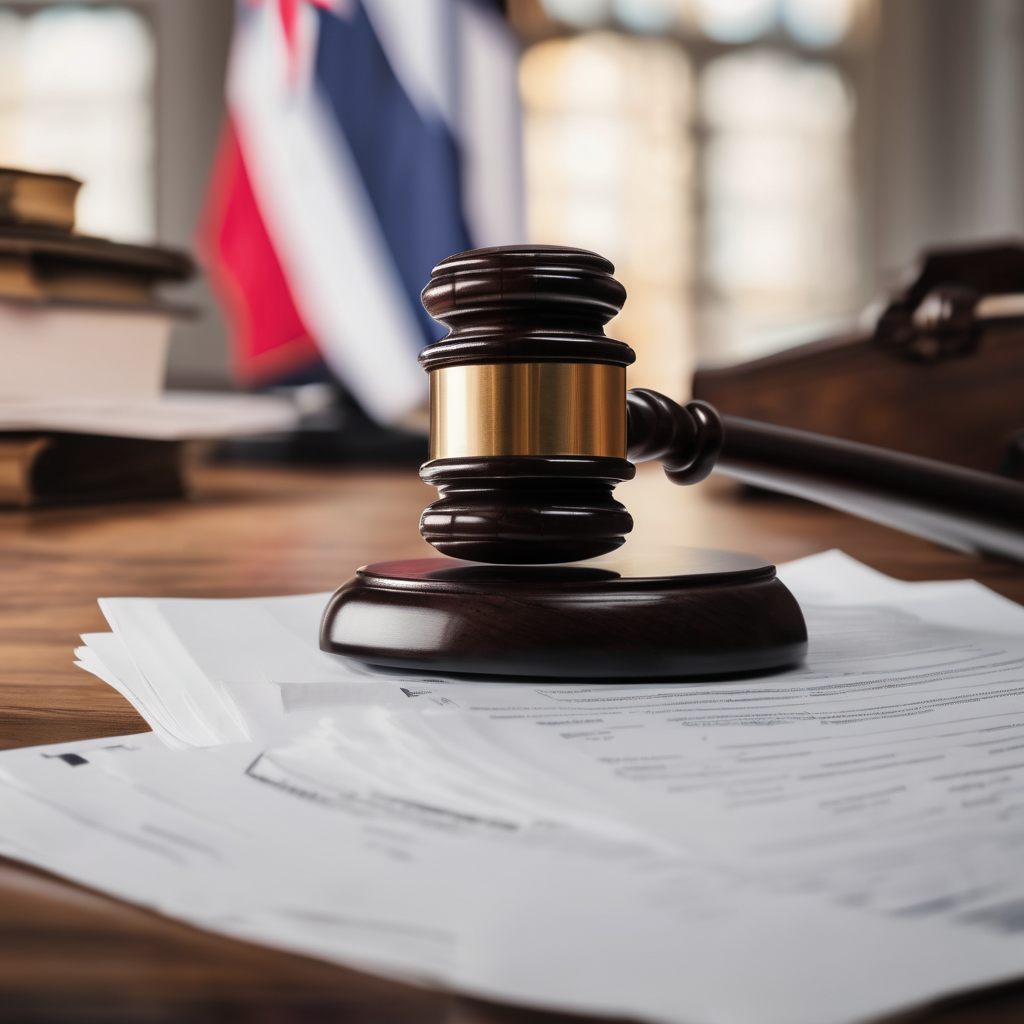The Supreme Court has agreed to consider a significant legal question surrounding firearms ownership and drug use, accepting the Justice Department’s appeal of a ruling by a lower court. The central issue is whether historical drug use alone should disqualify individuals from owning firearms under the Second Amendment. This decision comes in light of a recent lower court verdict that held that past drug use does not necessarily bar individuals from exercising their right to bear arms.
The government argues that the lower court’s ruling undermines efforts to reduce gun violence, especially by those who use illegal substances. The appeal comes on the heels of Hunter Biden’s conviction for illegally purchasing a firearm while known to have a drug addiction, highlighting the importance of the case as it navigates through the intersections of gun rights and drug policy.
The case that has drawn significant attention involves Ali Danial Hemani, a dual citizen of the U.S. and Pakistan, who was charged with illegal gun possession. Hemani reportedly used marijuana but was arrested not while under the influence, raising questions about the application of the law. His attorneys claim that the government is attempting to tarnish his reputation while ignoring the fact that he was sober at the time of the FBI’s discovery of the firearm.
The 5th U.S. Circuit Court of Appeals had previously ruled that the federal law prohibiting firearm possession by those deemed unlawful users of controlled substances should not apply to sober individuals based solely on their past drug use. The court noted that while there are historical precedents for limiting the rights of currently intoxicated individuals, there isn’t a similar precedent for disarming sober individuals due to prior substance use.
The Justice Department’s position asserts that historical laws did, in fact, restrict the rights of habitual substance users, even when sober. They argue that since the background-check system was established in 1998, the regulation against drug users has led to more denied sales than any regulation except for the prohibition of felons and fugitives from owning weapons. The enforcement of this prohibition has resulted in numerous prosecutions annually, emphasizing its significance in maintaining public safety.
Hemani’s defense emphasizes the broader implications of the law, noting that an estimated 19% of Americans have used marijuana, and about 32% own firearms. This convergence suggests that millions of citizens could be inadvertently violating the law, potentially facing severe consequences for simply having a past history with marijuana.
As the Supreme Court prepares to hear arguments on this case, it will likely consider the balance between individual rights under the Second Amendment and public safety concerns related to drug use and gun ownership. The anticipated debate in the coming year has the potential to redefine the legal landscape surrounding gun rights and drug-related regulations, which may have meaningful implications for millions of Americans. The final ruling is expected by the end of June, representing a critical moment in the ongoing discourse regarding personal liberties and public safety.
